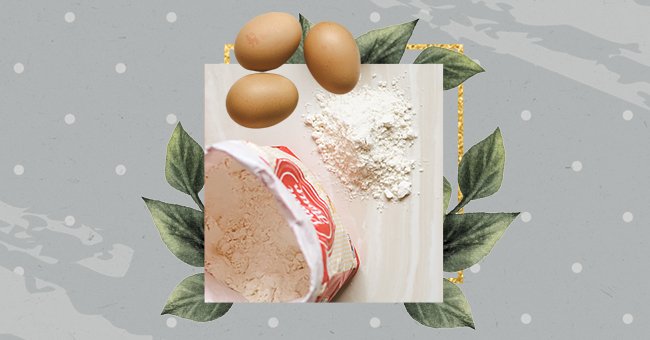
Our Guide To Finding The Right Flour Substitute For You
You ever get so excited to try out a recipe then notice that it contains flour? Well, you don’t need to worry because you can always substitute an alternative.
Sometimes you overestimate how much flour you actually have at home, so you don’t pick some up on your grocery shop. And when your batter is already half prepared, it can leave you in a panic!
If the recipe calls for flour, you can’t directly substitute a gluten-free alternative; that’s why there are specific gluten-free recipes to try. But if you’re adamant about adapting a family recipe, have your scales at the ready!
Gluten-Free Flour

Unsplash
Gluten-free flour contains a combination of grains like rice, buckwheat, tapioca starch, and other flours. These flours don’t have the general contents of wheat flour, so it obviously doesn’t taste the same.
In your recipes, you can substitute it for the same amount as regular flour, and it shouldn’t affect the outcome of your final product too much. If you run out of gluten-free flour, there are other alternatives, but these require you to be a little more specific.
White Rice Flour
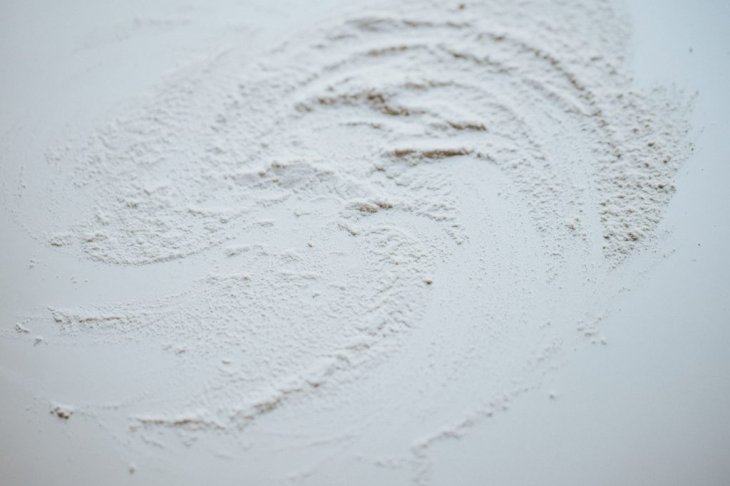
Unsplash
White rice flour has been used to make the famous mochi and rice noodles! It’s also loaded with magnesium, so it makes a nutritious substitute for flour and saves you from intolerant symptoms.
White rice flour can be used in your banana bread recipe, hello lockdown 1.0, or even be substituted for flour in your pancake recipe. However, 7/8 cup of rice flour is the equivalent of one cup of regular flour!
Almond Flour
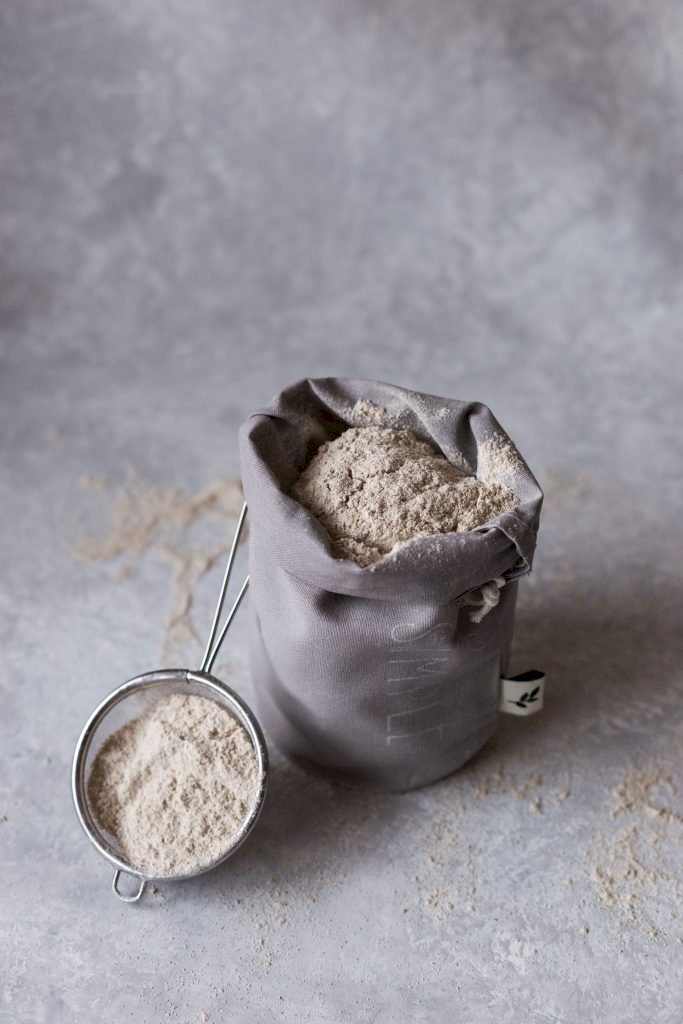
Unsplash
Almond flour is quite popular in recipes; you can find many recipe alternatives that use almond flour instead of regular flour. It’s also super easy to make in case you run out, so grab your food processor if you’re ever in a pickle.
Almond flour adds a rich and nutty flavor to your baking, and if you have a nut allergy, this is an obvious no-no! You might need to use more almond flour than the all-purpose measurements, especially with baking, because almond flour absorbs moisture well!
Coconut Flour

Unsplash
Coconut flour is high in fiber, but it’s not easy to substitute in baking, so you might want to find recipes that use coconut flour specifically. If you’re using it in baking, you might find your goods on the denser side; you have to be really experienced to hack this as a substitute!
Oat Flour
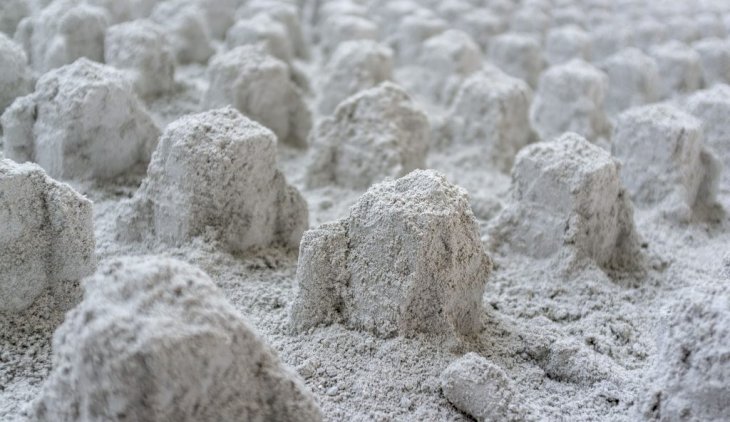
Unsplash
If you’re ever out of flour and have some oats lying around, these can be a lifesaving alternative! Throw some oats in a blender because oats can easily substitute them into your recipes.
Oat flour works well in bread, and pancakes and you might even love it in pancakes because it has a slightly sweet flavor. It’s also a great fiber, so if you’re looking to get your gut working, then this is the flour for you!
Plantain Flour
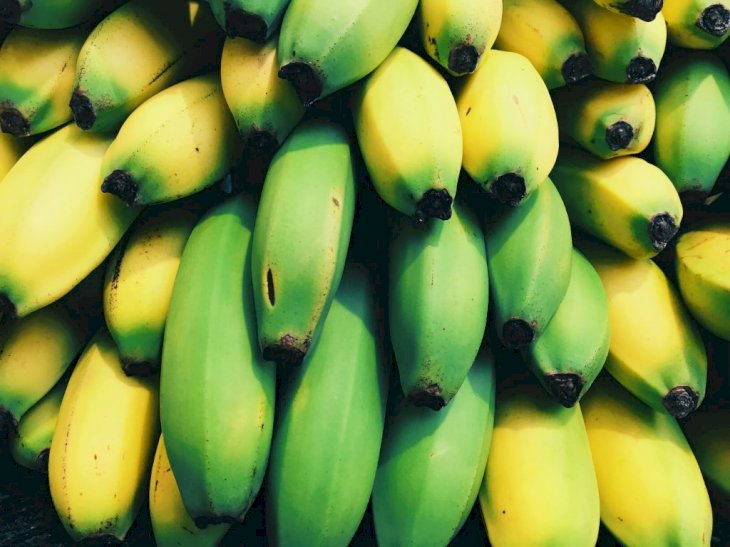
Unsplash
Plantain offers a tangy flavor, so if you’re using it in your pancake recipes, then you’re going to be delighted at the flavor profile; just remember to add some baking soda when baking cakes! It’s also going to keep you fuller for longer, so you won’t be snacking anytime soon!
There are plenty of flour alternatives out there, and modifying your family recipes might mean more to you than swapping them out for an accessible alternative. You can easily use these flours in your recipes, especially if you’re gluten-free; happy baking!